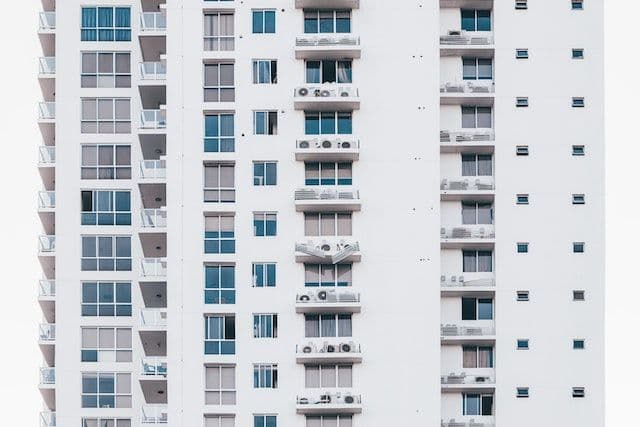How Much Do I Need To Save For A Flat Deposit?

Whether you’re looking for an investment opportunity or flying the nest of your family home, you’re probably wondering: How much should I be saving for a flat deposit?
The truth is, on average you need around 10% of the total home price to put down as a deposit. However, the more you have for a deposit, the less you have to borrow as a mortgage, meaning significant savings on interest later on.
According to Statista, In 2023, the average first-time buyer deposit in the UK was about £53,414, but it was almost double in London.
So whilst this sounds like a lot, let’s get you up to speed so you can get out of your childhood bedroom and into the world of property!
If you are looking to save money for a flat deposit, Prograd's algorithm matches you with hundreds of opportunities near you. Simply fill in our 10-second form and get started today.
How Do Flat Deposits Work?
A flat deposit is an amount of money paid upfront that goes towards the full cost of a property.
The deposit demonstrates a buyer’s commitment to the property and is typically a percentage of the overall purchase price.
This amount is deducted from the overall cost of the property to calculate how much a homeowner needs to borrow through a mortgage.
The traditional minimum flat deposit is 10% of the property’s total price. It is then up to the buyer whether they pay more to avoid a larger mortgage.
For example, if you are looking to purchase a £350,000 flat, you may decide to put down a £35,000 deposit at 10%. To complete the purchase, you will have to take out the remaining balance - £315,000 - as a mortgage.
However, if you decide to put down a higher flat deposit at £50,000, the total mortgage amount will be £300,000.
The benefit of having a smaller mortgage is that the monthly repayments will be lower, and you’ll pay less interest in the long run. So far so good, right?
Do All Flats Require A Deposit?
Some mortgages, such as guarantor mortgages, do not require a deposit.
Again, this may initially seem like a good idea. It may even seem like an easy way out of needing to save up. But by not paying a deposit now, your mortgage payments will be higher in the longer term to cover the property’s total price.
There are other options available that may help you pay a lower flat deposit. For example, the government’s Help to Buy scheme lets you pay a smaller deposit - typically around 5%.
However, these schemes should be looked at closely, as they regularly have higher monthly payments to cover the higher loan.
How Do I Save For A Flat Deposit?
The one key rule in saving for a flat deposit is: start early!
As soon as you’ve decided you want to buy a flat, get that ball rolling A-S-A-P!
A great place to start is by seeking out platforms that help you to achieve your financial goals. These tools allow you to hit your budgeting targets through online jobs, side hustles and cashback schemes.
If you are looking to save money for a flat deposit, check out Prograd's online side-hustles.
Do I Need To Save For A Deposit If I’m Renting?
If you are planning on renting a flat, you’ll still have to save for a flat deposit. But things will work a little differently.
Most landlords require you to pay a holding deposit. This will demonstrate your financial commitment to the flat. This deposit is normally the same amount as about 1-2 weeks’ rent.
Additionally, most landlords will also require a tenancy deposit. This is capped at five weeks’ rent and is held to cover any damages or unpaid rent.
The deposit holder will deduct any repairs or missed payments. The renter will receive the remaining figure at the end of the tenancy.
Conclusion
Saving for a flat deposit is, undoubtedly, a huge undertaking. But don’t worry, you got this.
Start by thinking about how much you can afford to save. Then, think about how much you can pay in monthly repayments. These elements together will help you figure out the price of a property you can afford.
Saving for a flat deposit can also help you become more financially responsible. Learning how to tighten your money belt and get into a saving mode is a skill. Cracking this habit early on will be of enormous value to you later in life.
Want to improve your financial literacy and work towards your savings goals? Get started with Prograd today.